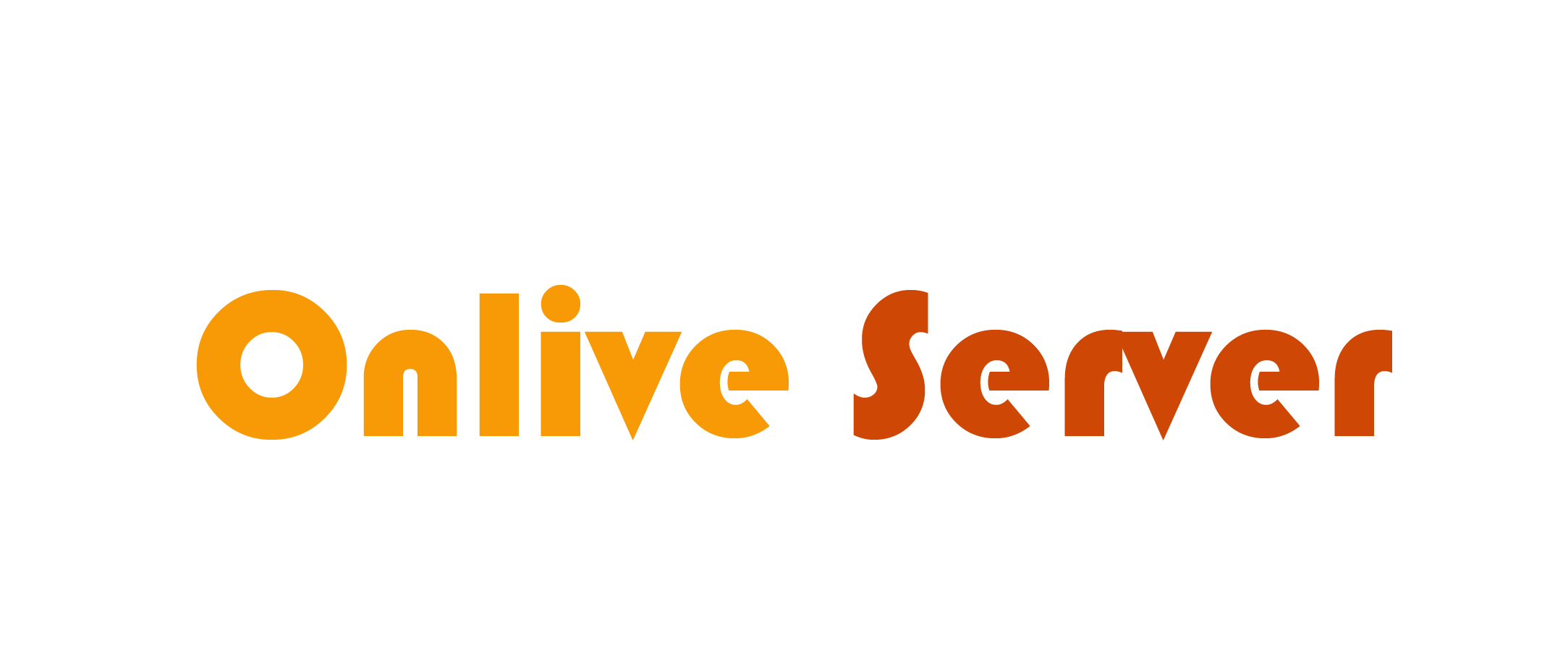
A secure VPS is the foundation of a trustworthy website or business application. When you choose a Germany VPS Server, ensuring security should be your top priority. Cyber threats are growing daily, and even the most minor security loopholes can lead to massive problems. This blog will walk you through simple and effective ways to secure your Germany VPS Hosting properly. These tips will be extremely valuable if you’re using the Best VPS server or planning to get one. Making your server secure is not just about installing software or setting up a firewall. It’s about building a culture of cybersecurity awareness and taking consistent actions to protect your digital presence from today’s evolving threats.
Table of Contents
- Key Takeaways
- Understand Why Security Matters
- Start with a Strong Password Strategy
- Keep Your Server Updated Regularly
- Use a Reliable Firewall Protection
- Enable Two-Factor Authentication
- Secure Your VPS with Regular Backups
- Limit User Access and Permissions
- Monitor Server Logs for Suspicious Activity
- Protect Your VPS with DDoS Mitigation
- Choose Secure VPS Providers Carefully
- Educate Your Team About Server Safety
- Conclusion
- Frequently Asked Questions
Key Takeaways
- Use strong and unique passwords to prevent easy break-ins.
- Keep all software and systems updated to close known vulnerabilities.
- Set up firewalls and enable two-factor authentication for layered protection.
- Create regular backups and store them safely in remote locations.
- Monitor server activities to detect any unusual behaviour early.
- Educate your team about cybersecurity best practices to avoid human errors.
- Choose a VPS provider with strong security measures and a reliable reputation.
| Name | OS | Core | RAM | Harddisk | Bandwidth | DC Location | Monthly Price | Offer Price | Action |
|---|---|---|---|---|---|---|---|---|---|
| Germany VPS Custom |   | 1 | 1 GB | 30 GB SSD | 1 TB | Kassel, Germany | |||
| Germany VPS X |   | 1 | 1 GB | 30 GB SSD | 1 TB | Kassel, Germany | |||
| Germany VPS Y |   | 2 | 2 GB | 60 GB SSD | 2 TB | Kassel, Germany | |||
| Germany VPS Z |   | 4 | 4 GB | 120 GB SSD | 4 TB | Kassel, Germany |
Understand Why Security Matters
When your website or application goes live, it becomes a target for potential attacks. Hackers, malware, and spammers are always looking for vulnerabilities. A compromised server can lead to data loss, downtime, financial damage, and a ruined reputation. When your Germany VPS Server is adequately secured, you create a safe environment for your visitors and protect your brand’s credibility.
Security breaches don’t just harm your business; they also harm your customers. Leaked personal data, stolen passwords, or compromised payment information can cause irreversible damage to your brand image. Therefore, prioritizing server security must be at the heart of your digital strategy.
Start with a Strong Password Strategy
Weak passwords are like open invitations for cybercriminals. The first and easiest step in protecting your server is creating strong, unique passwords. Avoid using common words, predictable sequences, or personal information. Instead, create passwords with a mix of uppercase and lowercase letters, numbers, and symbols.
Change passwords regularly, and never reuse old ones. Also, avoid sharing server credentials casually with others. Implement password managers to store complex passwords securely. Make it a habit to enforce password policies, ensuring every user connected to your server follows best practices.
Keep Your Server Updated Regularly
Running outdated software leaves your server exposed to known vulnerabilities. Constantly update your server’s operating system, installed applications, and security patches. Regular updates fix bugs and close security gaps that hackers often exploit.
Setting up automatic updates or scheduling routine maintenance checks ensures that your Germany VPS Server stays protected continuously without manual intervention. Remember, many cyberattacks target old vulnerabilities that could easily have been avoided through timely updates. Neglecting server updates is like leaving your door open in a dangerous neighbourhood — sooner or later, someone will walk in.
Use a Reliable Firewall Protection
A firewall acts like a security guard for your VPS, controlling incoming and outgoing traffic. Configuring a firewall helps block unauthorized access and allows only safe data packets through. A strong firewall must be set up for the best VPS server. You can use software firewalls like iptables for Linux servers or Windows Firewall for Windows servers. Restrict access to sensitive ports and only allow trusted IP addresses. Proper firewall configurations can stop many potential attacks before reaching your server environment. Regularly review firewall rules and adjust them according to your changing needs to maintain optimal protection.
Enable Two-Factor Authentication
Two-factor authentication (2FA) adds an extra layer of security to your server login. Even if someone steals your password, they won’t be able to access your server without the second verification step, usually a code sent to your phone. Activating 2FA on your server control panel, SSH logins, and hosting dashboard significantly reduces the risk of unauthorized access. It may seem like an extra step during login, but this minor inconvenience can save you from major disasters in the long run. Adding 2FA ensures that stolen credentials alone are not enough for hackers to compromise your server.
Secure Your VPS with Regular Backups
No security plan is complete without a backup strategy. Despite all your efforts, there’s always a risk of server compromise due to new vulnerabilities or human error. Regular backups ensure you can quickly restore your data without suffering huge losses. Schedule automatic backups and store copies at a remote location. Encrypt backup processes for additional safety. Test your backups periodically to verify their integrity and ensure that they can be restored quickly and easily when needed. Backups are like an insurance policy for your digital assets — you hope you never need them, but you’ll be grateful if you do.
Limit User Access and Permissions
The more people can access your server, the greater the security risk. Only give access to users who absolutely need it, and assign them minimum privileges. Avoid using the root account for everyday tasks. Implement the “least privilege” principle to minimize potential damage if any account gets compromised. Proper user management is a critical part of securing any Germany VPS Server. Set up user groups, apply role-based permissions, and regularly audit user accounts to remove unnecessary or outdated access. Small changes in access control policies can improve your overall server security posture.
Monitor Server Logs for Suspicious Activity
Server logs contain important information about login attempts, file changes, and system errors. Regularly monitoring these logs can help you detect suspicious activities early. Set alerts for failed login attempts, unauthorized file changes, or unusual traffic patterns. Quick action upon detecting abnormal behaviour can prevent minor issues from becoming serious breaches. Investing in log analysis tools or integrating your logs with a SIEM (Security Information and Event Management) solution can automate threat detection and save precious time.
Protect Your VPS with DDoS Mitigation
Distributed Denial of Service (DDoS) attacks flood your server with unwanted traffic, making it unavailable to real users. To prevent this, use DDoS protection tools and services that detect and block malicious traffic before it reaches your server.Many hosting providers offer DDoS protection as part of their service, especially when you opt for the Best VPS server plans. Having proper DDoS mitigation ensures your website remains accessible even during large-scale attacks.
Remember, downtime caused by DDoS attacks hurts your SEO and can drive customers to competitors. Proactive protection keeps your business stable and your visitors happy.
Choose Secure VPS Providers Carefully
Not all VPS hosting providers are the same when it comes to security. When selecting a Germany VPS Server provider, check if they offer features like firewalls, malware scanning, intrusion detection systems, regular updates, and a secured network infrastructure. Reading customer reviews, asking about their security policies, and verifying their compliance with international standards will help you make an informed decision. A good hosting provider is a partner in your security efforts, providing the infrastructure and tools needed to keep threats at bay. Choosing the right provider from the start can save you from future headaches, migrations, and unnecessary risks.
Educate Your Team About Server Safety
If you have a team managing your website or applications, training them on best security practices is important. Teach them about strong passwords, phishing attacks, and safe browsing habits. A single careless mistake by a team member could expose the entire server. Regular workshops, updates, and easy-to-understand guides can make a huge difference in maintaining server security. Making server security a team responsibility ensures that everyone contributes to a safe and resilient environment, reducing the risk of human error.
Conclusion
Securing your Germany VPS Server is a continuous commitment rather than a one-time task. Implementing these measures creates a robust defence that protects your website, customers, and reputation. The right combination of technology, vigilance, and good habits ensures you stay ahead of evolving threats. When you invest in the Best VPS Server Hosting and apply strong security practices, your online presence becomes stronger, more reliable, and ready for success. In today’s competitive world, prioritizing security is no longer optional — it’s necessary for long-term growth and trust. Think of your secured VPS hosting as the digital fortress that safeguards all your business dreams.
